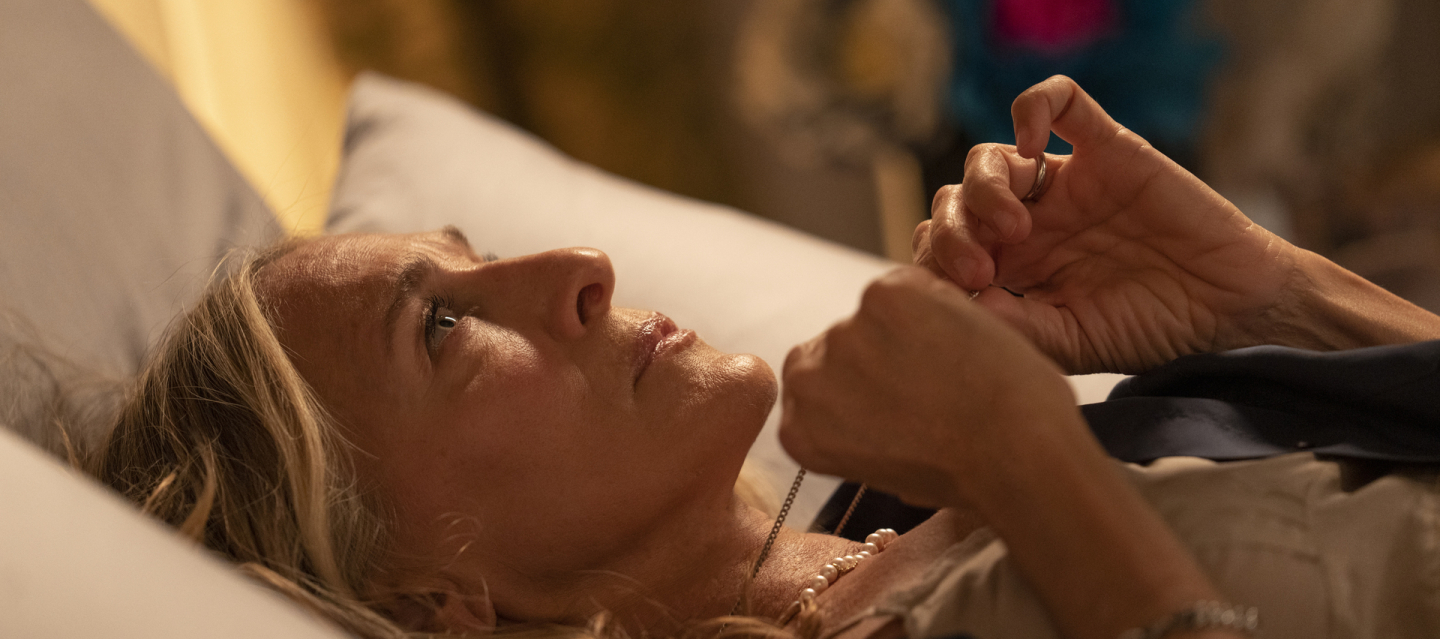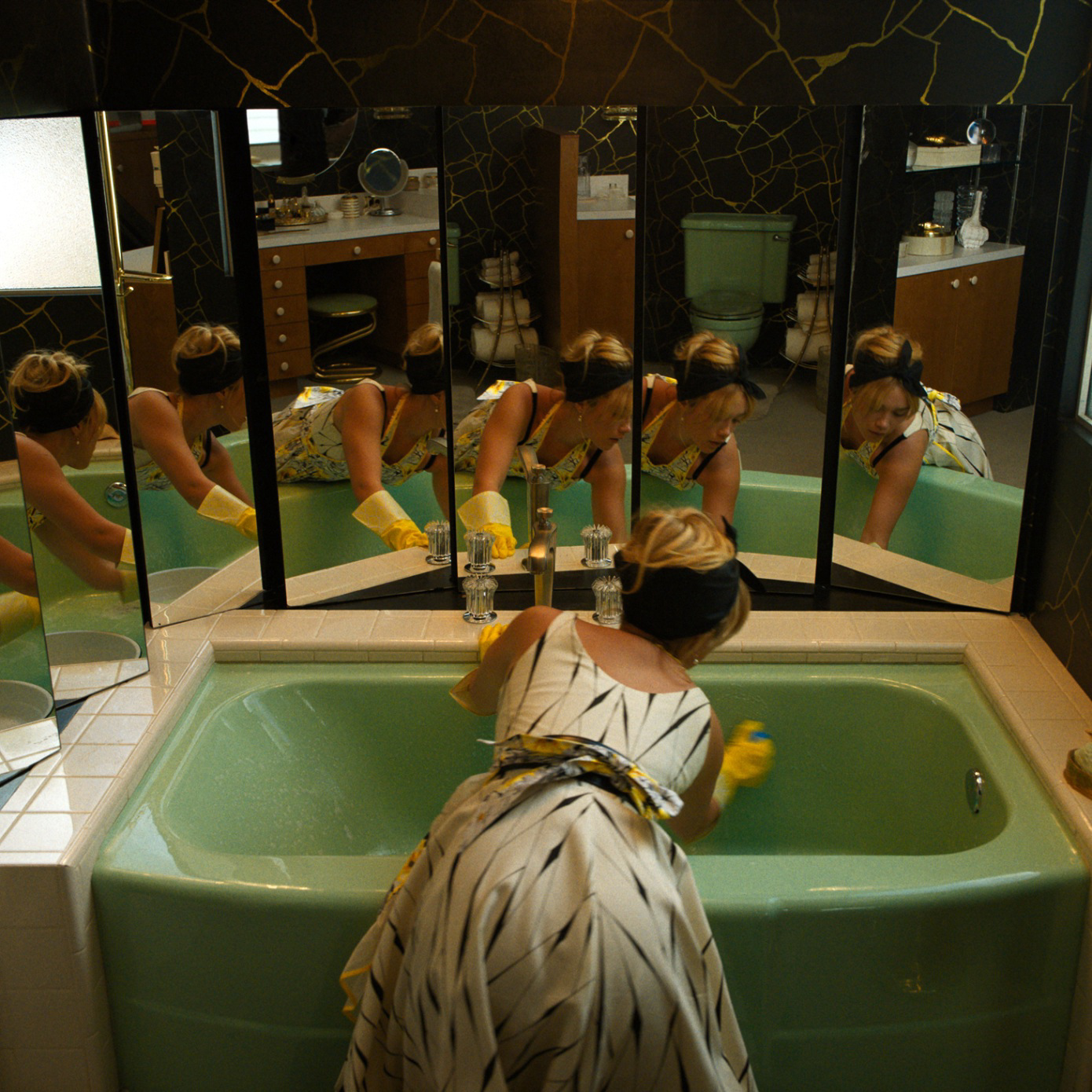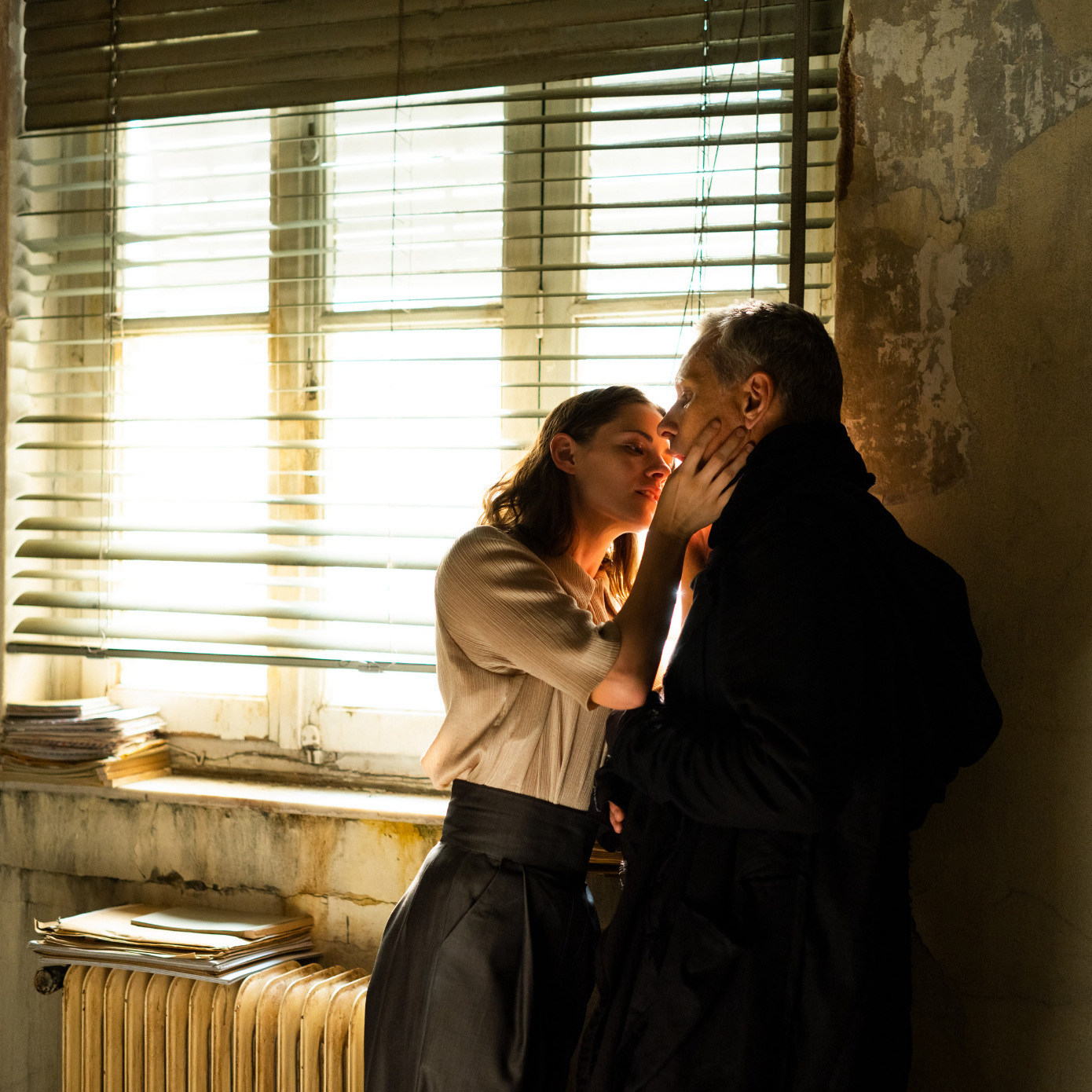Sex and the City, like so many things from the late ’90s and early 2000s, is back. It seemed like everyone I knew was binging it during the early part of the pandemic, and even Carrie wouldn’t need to wonder why. Has any other show, before or since, been so committed to the notion of going out?
I watched Sex and the City from my parents’ house as a substitute for actually dating, going to bars or moving to New York. I watched it as escapism, expecting to find it dated and perhaps cringeworthy. And it was dated—and completely fascinating. Watching Carrie et al. zip around Manhattan in kitten heels and cabs, going to cavernous clubby restaurants and labyrinthine restaurant-y clubs, swooning over the ugliest guys I’d ever seen in my life, renting apartments at cross streets and price points that boggle the contemporary Brooklyn-dweller’s mind, all added up to a peculiar sense that I was watching the invention of a New York I dreaded. This was Magnolia Bakery and tacky brunch spots in Chelsea. This was bus tours, credit card debt, people exactly like me but obviously different and worse moving in from Iowa. This was a New York that trampled its elders and ate its young. The idea of the city that the original show sold—as a playground for the rich and hot, if not necessarily the young—is still going strong today. We see it in the rent hikes, even during a global pandemic.
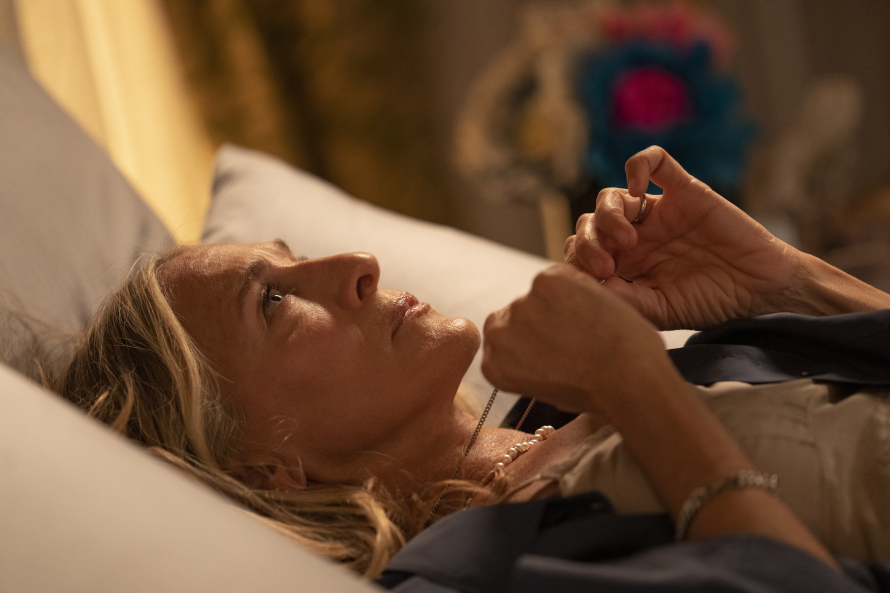
But Sex and the City was also funny. It had a point of view. It created a world and populated it with distinctive, charismatic characters. Women didn’t always behave how they were supposed to or want what they were told to want. It felt fresh in an era when The Rules was still on bestseller lists.
In contrast, And Just Like That, the “new chapter” currently airing on HBO Max, is tailor-made for an era of TV criticism that throws up its hands and cries, “Who cares if it’s good? Don’t we all have more to worry about?” Samantha is gone, written out in a way that makes no sense for the character and reads shamelessly as an attempt to woo Kim Cattrall back. (Good luck.) She hasn’t just moved to London—she’s ghosted everyone after Carrie fired her as her publicist, only to send flowers to Big’s funeral. Where will this plotline go in the likely event Cattrall doesn’t want to swoop in for season two? It’s a big gamble that seems primed to fall on its face.
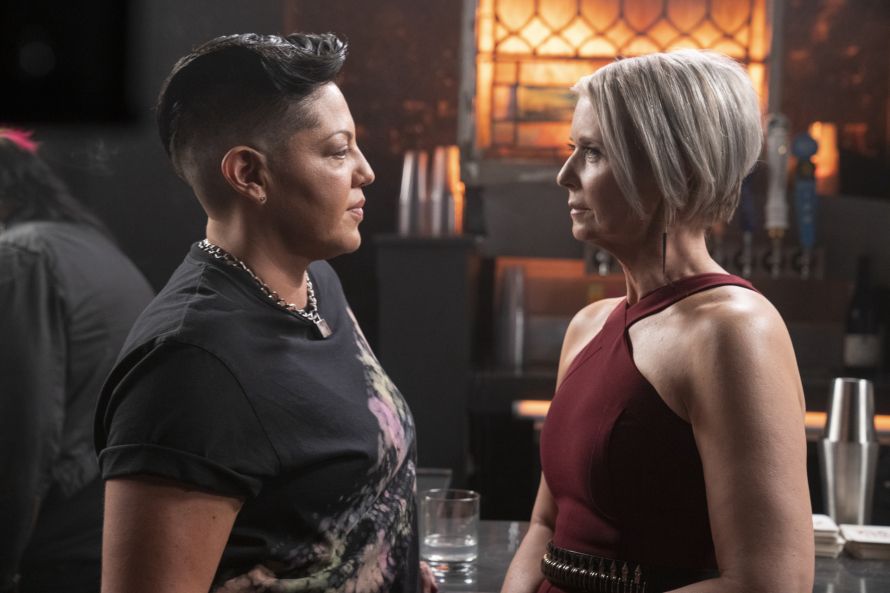
Old Sex and the City completely ignored 9/11; new Sex and the City makes sure to include a shot of Big’s vax card when Carrie goes through his wallet. The show is so eager to engage with the current moment that it often stretches back around the other end to being clueless. In accordance with a desire to revise the overwhelming whiteness and occasionally eye-popping racism of the original, each remaining lady has been assigned a person of color as a friend and/or mentor and/or guide to the woke revolution. Carrie has Che, a nonbinary Latinx comedian who hosts the podcast Carrie now appears on; Charlotte has Lisa, a glamorous Black PTA mom whose approval she craves; and Miranda has Dr. Nya Wallace, a Black law professor at Columbia who so far has been shuttled most aggressively into the role of opining on white privilege while stating she’s not there just to opine on white privilege.
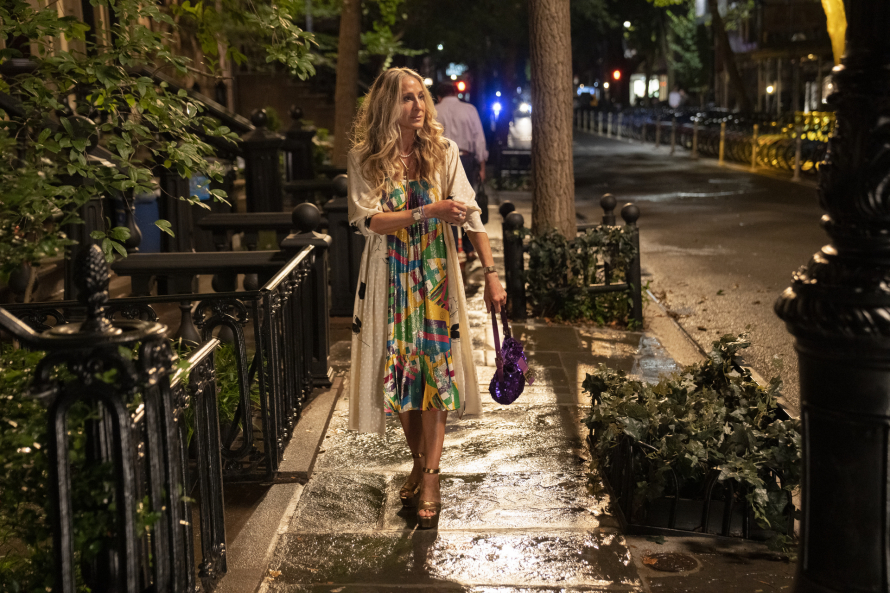
In chasing relevance, the show sacrifices humor. There is a long scene in the third episode that allegedly depicts a stand-up comedy show—if Che hadn’t been described as a “comedian” and the show as a taping for a “Netflix special,” I wouldn’t have been able to tell. In reality, it resembles a blend of a motivational speaking summit and a Peloton class (too soon?). Che shouts things like “I have community, I have allies, I have friends!” and “If you’re not happy with who you are then step out of that box and change it!” while the audience cheers, claps, and snaps, but rarely laughs. Not even the extras, presumably coached by the production team, seem to know when or if they’re supposed to. It’s like if Nanette wasn’t even trying to be subversive.
Perhaps the biggest problem with And Just Like That is how predictable everything is. Story beats aren’t foreshadowed so much as preordained. As soon as you glimpse Miranda’s teary-eyed reaction to Che’s invectives to “change your life,” you know exactly where the writers are going to take it. Like many reboots, it’s so anxious to please that it’s afraid to surprise.

